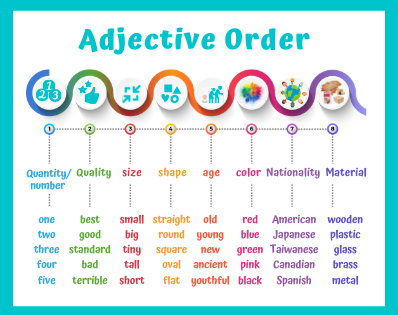VERBS FOLLOWED BY TO- INFINITIVE OR -ING FORM
In English, if you want to follow a verb with another action, you must use a gerund or infinitive. For example:
We resumed talking.(gerund – verb + ing)I want to see a movie.(infinitive – to + base verb)
This is a complex matter among ESL (English as a second language) students and it is important to master te topic as soon as possible, so that you don't make mistakes in speaking and writing.
Here are some of the most common verbs that are usually followed by the gerund.
- enjoy: I enjoyed living in France.
- fancy: I fancy seeing a film tonight.
- discuss: We discussed going on holiday together.
- dislike: I dislike waiting for buses.
- finish: We've finished preparing for the meeting.
- mind: I don't mind coming early.
- suggest: He suggested staying at the Grand Hotel.
- recommend: They recommended meeting earlier.
- keep: He kept working, although he felt ill.
- avoid: She avoided talking to her boss.
- agree: She agreed to give a presentation at the meeting.
- ask*: I asked to leave early / I asked him to leave early.
- decide: We decided to go out for dinner.
- help*: He helped to clean the kitchen / he helped his flatmate to clean the kitchen.
- plan: She plans to buy a new flat next year.
- hope: I hope to pass the exam.
- learn: They are learning to sing.
- want*: I want to come to the party / I want him to come to the party.
- would like*: I would like to see her tonight / I would like you to see her tonight.
- promise: We promised not to be late.
If you click on this link http://guidetogrammar.org/grammar/verblist.htm you will find a more complete list of these verbs, apart from those who can be followed either by infinite or gerund (BUT WITH DIFFERENCE IN MEANING)



The link was very helpful!
ResponderEliminarI really appreciate it! Most of the times I don't know what to post.
ResponderEliminar